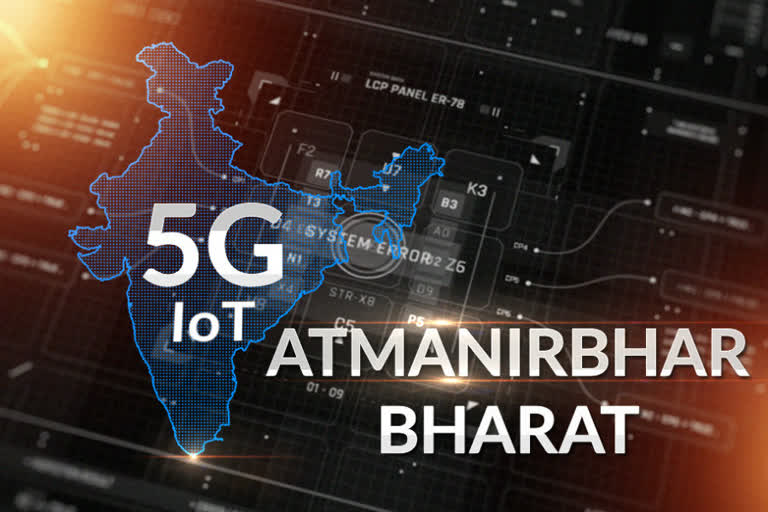Delhi, The world is witnessing the fourth industrial revolution. Ever newer technologies are changing the way industries and businesses operate. In the midst of all this, Internet of Things (IoT) and artificial intelligence are playing a key role in IR 4.0, which will create smart factories.
Sadly, India continues to be a laggard despite the push by the government to upgrade the country technologically through various digital programmes. Thus, it remains a matter of concern that connectivity exponentially falls off and is non-existent in rural and remote environments in India, precisely where the railways, farms, borders, power lines, last-mile distribution centres and several other industrial operations need data.
Clearly, even as India is at the cusp of a complete digital transformation, it has a lot of catching up to do.
The government's programmes like Make in India, Digital India, and Startup India can be the vehicles for making India self-reliant in manufacturing as well as technology. At the same time, IR 4.0 technologies must also pass the test of 'Atmanirbharta' set by Prime Minister Narendra Modi so that India does not become a dumping ground for obsolete technologies.
India's industries are still significantly manual, and machines, equipment, vehicles are largely unconnected because of which manufacturing often comes to a grinding halt. The factories need to be "smart" and machines and equipment IoT-ready. IoT and machine data can become a force multiplier to augment manual labour as automation can never be the answer in a populous nation like India.
The Make in India programme does not seem to be making India Atmanirbhar in the field IoT. Of the roughly 6,000 IoT patents filed in India between 2009 and 2019, more than 70 per cent were by multinational companies and a mere 7 per cent by India Inc and startups. More than 40 per cent of these patents were granted, of which multinationals accounted for 90 per cent.
India stood ninth on the list of FDI destinations in 2019, but these investments are not resulting in technology transfer and that includes defence offsets. Indians are creating the world's best technology globally but can this "brain bank" put an end to the dumping of outdated technology in India and help it become self-reliant in state-of-the-art technology.
